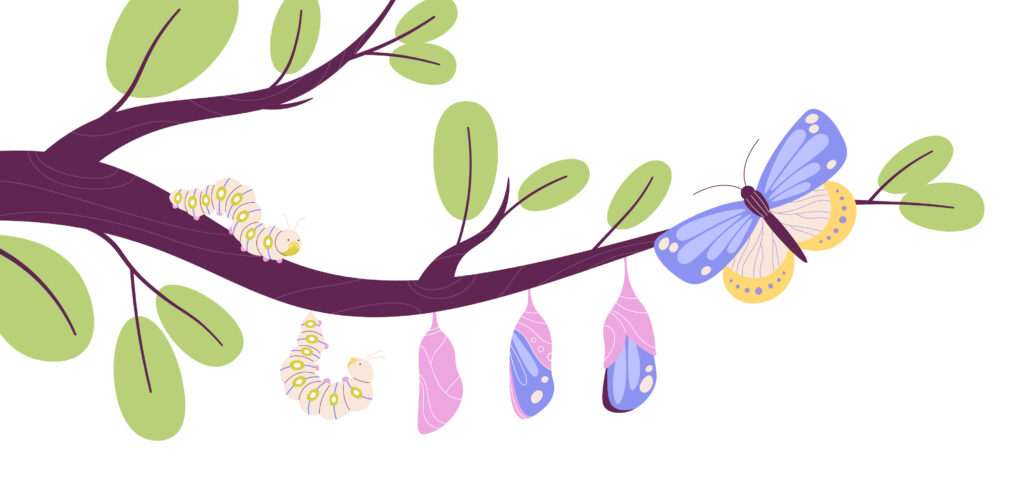
“True disability is having a crushed spirit.”
While cycling coast-to-coast across the United States in 1984, I met a man south of Socorro, New Mexico, out in the middle of the desert, walking on his hands across America. When I stopped across the road from him, I threw my bike into the gravel. I walked over to shake hands. “Hey man, Frosty Wooldridge.” He replied, “Bob Wieland.” I said, “If you don’t mind my asking, what are you doing out here in 105 degrees heat?” He replied, “I am walking across America… what are you doing?” I said, “I’m bicycling across America.” He said, “I’d like to do that, too, but my legs are too short.” I grimaced at his humor… because the man had no legs. He had his legs blown off in Vietnam. At that moment, he had hand-walked 936 miles in 19 months. Two years later, I heard on an NPR newscast that it took him three years, eight months and six days to complete his coast-to-coast journey. I cried my eyes out upon hearing of his triumph. I was humbled beyond measure to be a tiny moment in his journey.
From that single event in my life, I have never complained once since 1984. I take each day as a gift. I love each second on my touring bike, road bike and mountain bike. I promised myself to live a life worth remembering.
After Bob Wieland finished his walk across America on his hands coast-to-coast, he hand-cycled west to east and east to west across America. Not finished, he became the first double amputee to complete the Hawaii Ironman Triathlon. He ran the New York, Boston and Chicago Marathons, each race taking him five days to finish. At 67, he again hand-cycled coast-to-coast across America.
Totally blind in his teens, American Erik Weihenmayer became the first sightless person to climb Mount Everest. He continued until he climbed the highest peaks on all seven continents.
American Aimee Mullins, 37, without legs below the knees since childhood, races track, models, and gives motivational speeches. She said, “True disability is having a crushed spirit.” She redefines what a woman can be and what she can accomplish.
“Are you carving out some extraordinary physical, intellectual or spiritual expressions of yourself?”
Wilma Rudolph, sickly as a child, wore braces, but became the first woman to win three gold medals at the 1960 Olympics where they celebrated her as the world’s fastest woman.
Your choices in life transform you from the banal to the poetic—even to the noble. Wasn’t it Shakespeare’s character “Shylock,” a moneylender in the “Merchant of Venice” who spoke these words that ring out in the 21st century? “If you prick us, do we not bleed? And if you tickle us, do we not laugh? It is our humanity and all the potential within it that makes us beautiful.”
With those words ringing into the rafters of your mind, how will you live a life worth remembering?
If you’re 20 years old, you enjoy choices to lead an epic life that propel you to heroic memories. By age 30, you burned through your 20s and may relish some epic moments. By 40, you’re halfway through. Have you lived a life worth remembering? Or did the “mid-life crisis” hit you square in the eyes, leaving you with a panicky feeling? By 70, your afterburners may have exhausted themselves, leaving you in a gentle glide to your final days.
If you live on this side of 40, are you creating a remarkable life for yourself? Do you live on any of the “searing edges?” Are you carving out some extraordinary physical, intellectual or spiritual expressions of yourself?
What made the aforementioned “ordinary people” overcome their horrific physical conditions? What drove them to greatness?
Remember this: If something doesn’t challenge you, you won’t change. Therefore, instead of watching the “average 29 hours of television weekly by the majority of Americans,” create challenges in your life that propel you to more “noble” encounters. If you divide 29 hours by 7 days, that equals an extra 4.1 hours daily to think about, dream about and participate in activities or challenges outside your comfort zone.
Without change, there would be no butterflies!
Here are some suggestions for opportunities: weight training to build a healthy body, cross-training to run a triathlon this summer, or buy a canvas, paints and brush to dabble with a painting that’s been rolling around in your ingenious mind. You might enter a pottery class to find your talents at throwing pots with intricate designs. How about becoming a chef?
On the intellectual front, read books that interest you. Enroll in a class in jewelry making. Enter a mechanic’s class to repair old cars. Most cities feature “Free University” classes to incorporate dozens of arts, hobbies and other classes to fit your propensities and passions. How about joining the Peace Corps or Americorps?
Want to express yourself more creatively? I read a book by Elizabeth Gilbert that profoundly affected me. It will enthrall and inspire you: “Big Magic—Creative Living Beyond Fear.” I’ve read it 37 times! I want it rampaging through my mind in order to catch and express new ideas.
In this life, discover what makes your life worth remembering. What will they say at your memorial service?
How about, “She (he) lived with exuberance, imaginative energy and a song in her heart,” or “She entered the realm of potential and opportunity to live a grand and glorious life. She wasn’t lucky; she chose her destiny. We remember her nobility through her actions.”
Frosty Wooldridge is an environmentalist, mountain climber, scuba diver, dancer, skier, writer, speaker and photographer. He has bicycled 100,000 miles on six continents and seven times across the United States. His feature articles have appeared in national and international magazines for 30 years. You can find his many books and other info at HowToLiveALifeOfAdventure.com
